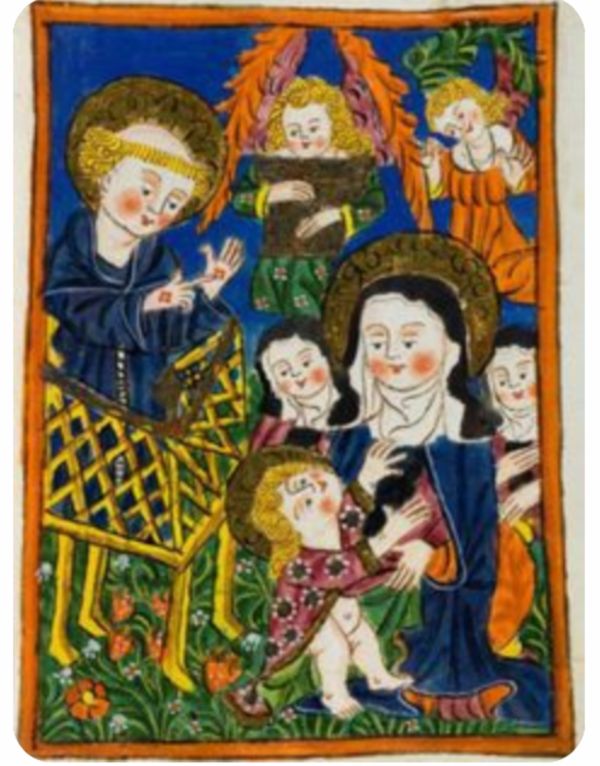Francis called himself 'simplex et idiot'. The transparency and simplicity of the little ones was for him the key to the Kingdom of heaven.
As Jesus says in the Gospel, he was convinced that only those who become children in their mentality can understand the dynamics of the Kingdom, which calls for the acceptance of the pure in heart, of those who live the Word without prejudice of any kind and with trust in God.
In the Franciscan Sources, the dimension of littleness and simplicity is transversal and prominent as many passages attest.
"The Saint personally practised with special care and loved in others holy simplicity, daughter of Grace, true sister of wisdom, mother of justice.
Not that he approved of every kind of simplicity, but the one that, content with its God, despises everything else.
And that which puts its glory in the fear of the Lord, and which knows neither how to say nor do evil.
The simplicity that examines itself and condemns no one in its judgement, that does not desire any office for itself, but considers it due and attributes it to the best [...].
It is the simplicity that in all divine laws leaves the tortuousness of words, ornaments and tinsel, as well as ostentations and curiosities to those who wish to lose themselves, and who seek not the rind but the marrow, not the shell but the kernel, not many things but the much, the supreme and stable Good" (FF 775).
This simplicity, sister of true Wisdom, is the characteristic of the little ones, of the least, of children who welcome the Kingdom of God that knocks at the door of their hearts.
The littleness of Francis, the frame of his evangelical life, is moving.
"He had no blush to ask the small things of those smaller than himself; he, a true minor, who had learned from the Supreme Master the great things.
He used to seek with singular zeal the way and the manner of serving God more perfectly, as it pleases Him best.
This was his supreme philosophy, this was his supreme desire as long as he lived: to ask the wise and the simple, the perfect and the imperfect, the young and the old, what was the way in which he could most virtuously reach the summit of perfection" (FF 1205 - Major Legend).
Francis loved with a child's heart and so he taught his brothers and the poor Dames of San Damiano, virtuous sisters on the journey of faith, among whom Clare stood out for her humility and transparency.
This young woman bore witness to light; she was a morning star in becoming a child in the service of God, in the footsteps of Christ, following the example of the blessed Father Francis, a true lover and imitator of Him.
Saturday 7th wk. in O.T. (Mk 10:13-16)












